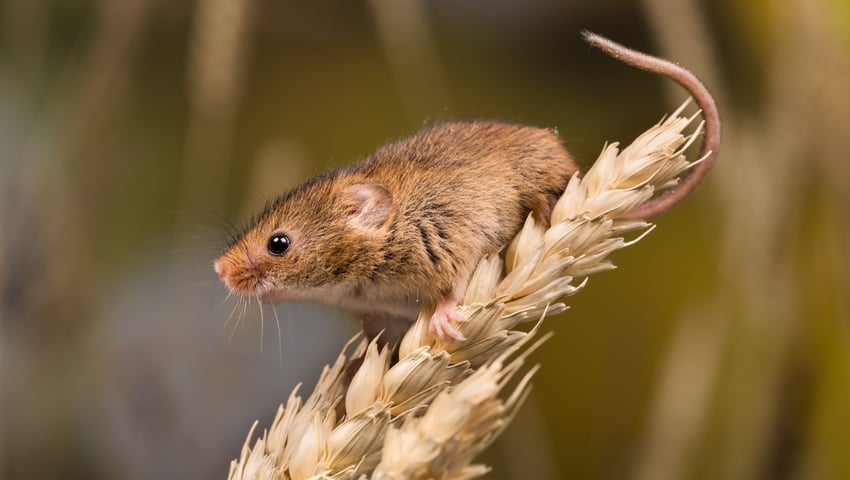The Wildlife Trusts have launched a vision for the future of food and farming – Food & Farming in a Nature & Climate Crisis – stressing that the time is now to get the farming transition back on track.
Following the UK Government’s recent move to protect England’s nature-friendly farming budget in the Comprehensive Spending Review, The Wildlife Trusts argue that nature-friendly farming must move centre-stage as one of the most cost effective and efficient ways to reach nature recovery and climate targets across vast swathes of the country.
Nature-friendly farming benefits not just wildlife and farm businesses, but also works to reduce flooding risk, tackle climate change, clean up waterways and increase food security.
The Wildlife Trusts maintain that the entire food system – including politicians, supermarkets, food producers and farmers – must think long term about their support for a nature-positive and climate-resilient farming sector.
The Wildlife Trusts say that action to address the nature and climate crisis across the farmed landscape must include:
- Facilitating support structures, guidance, and independent advice for farmers to transition to regenerative & agroecological farm systems
- Utilising both public and private finance, and technology and innovation, to supercharge nature-friendly farming practices and nature-based solutions
- Policies to reform food supply chains, ensuring they reward farmers fairly for the food they produce in harmony with nature
Vicki Hird, strategic lead for agriculture at The Wildlife Trusts, said, “Whilst the spending review fell short of the ambition required to scale up nature-friendly farming, it’s more vital than ever to channel support into environmental delivery across the farmed landscape.
“Farmers must not be left high and dry on their transition to more sustainable farming practices, when mechanisms to drive this important change exist across the supply chain, government policy and technology.
“That’s why we’ve launched our Food & Farming in a Nature & Climate Crisis vision – it sets out a blueprint for delivering healthy diets, nature recovery and climate-resilient farm and food businesses long into the future.
“All eyes will now be on Defra to set a clear long-term vision in their developing 25-year ‘Farming Roadmap’ and ensure that public money is used the most effectively, including the deployment of funds to agri-environment schemes.”
The Wildlife Trusts argue that transformation of the food and farming system is more vital than ever as farmers are continuing to face a huge degree of uncertainty, battling the ever-increasing impacts of a changing climate and volatile markets.
The Wildlife Trusts key goals for farming
- All farmed land in England is operating under agroecological and regenerative principles
- Farming is contributing to the restoration of our rivers and waterways
- Farming businesses are sustainable, profitable and resilient through working with Nature
- Wildlife-positive land management puts nature into long term recovery and supports new rural enterprises
- Farming is resilient to a changing climate
Key transformations
- Aligning public and private finance to invest in nature-based solutions
- Facilitating support structures, guidance, and independent advice for farmers to transition to regenerative and agroecological farm systems
- Better regulation for stability and investment
- Reform supply chains, pay farmers fairly, and ensure processors and distributors are accountable for environmental harms
- Adopting nature-positive and climate-neutral diets
- Integrating technology and innovation into nature-friendly farming practices
